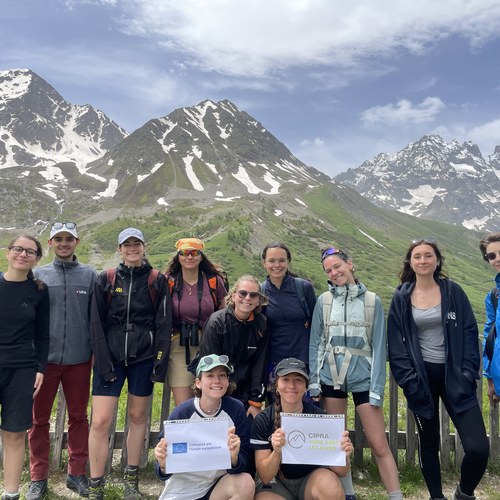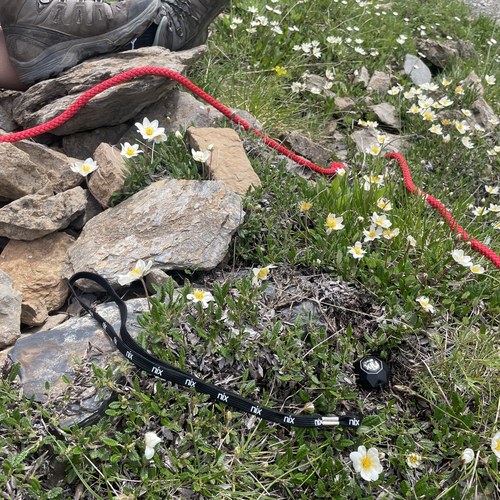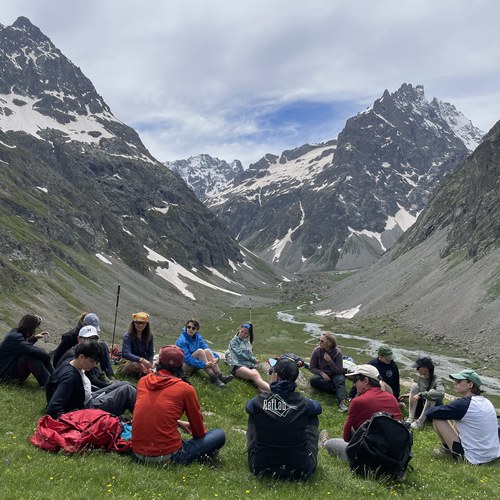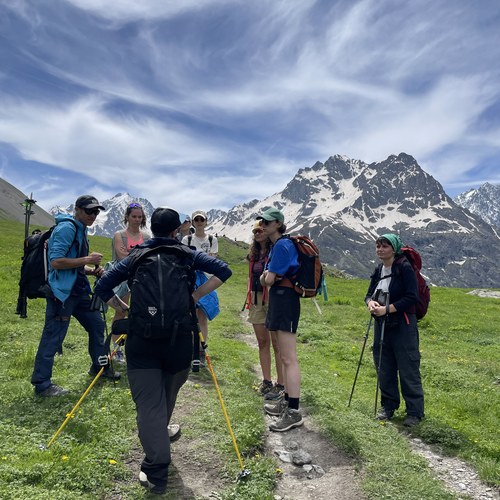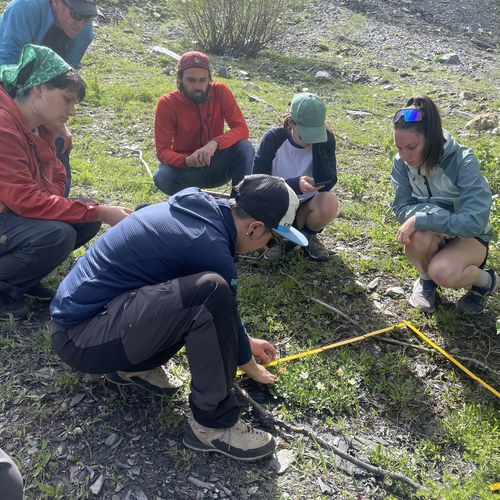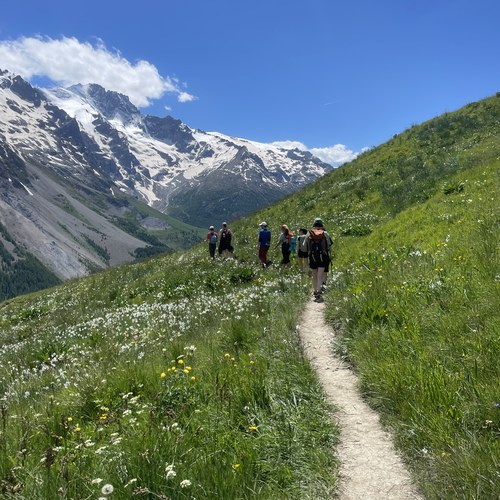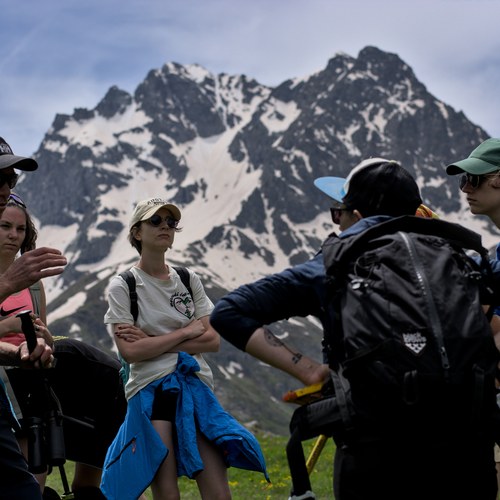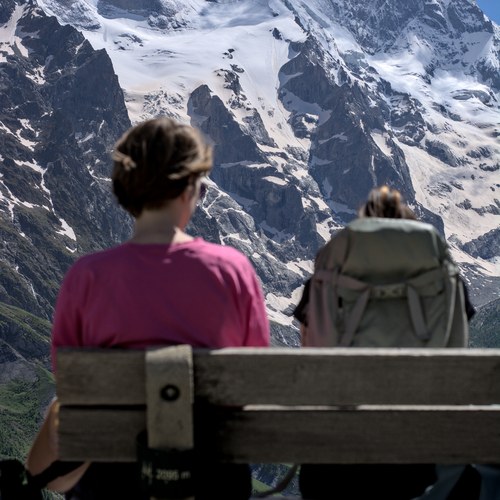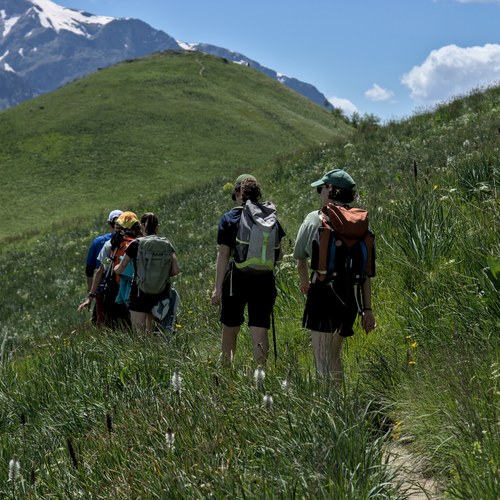Scientific tourism on the mountain
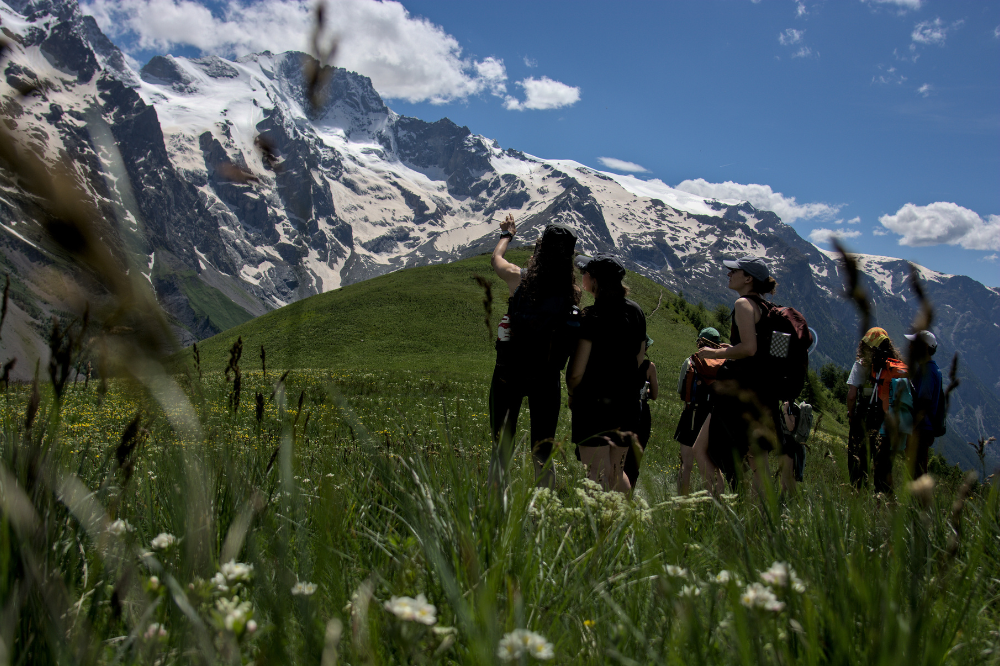
Created 125 years ago under the authority of Grenoble Alpes University and the French National Centre for Scientific Research, the initial aim of the Lautaret Alpine Garden, located at an altitude of 2,100 metres, was to bring together the region’s socio-professional stakeholders and develop tourist activities with a scientific orientation in the Grand Briançonnais area. Today, the garden is a research support centre, hosting scientific experimentation by researchers from all over France and the rest of the world, with the aim of increasing our understanding of the effects of climate change in the mountains so as better to protect them.
From June to September, the botanical garden welcomes tourists as visitors: they can also take part in scientific research activities while hiking, for example by taking soil measurements or counting the numbers of a specific flower variety at different altitudes. This forms part of a program called “eco-scientific volunteering“, whose aim is to create links between science and society, raise awareness among tourists of the impacts of climate change, and make tourism a useful part of scientific research. Since 2019, the association "Réseau Nature Science Environnement" (NSE network) has been bringing together all stakeholders in the area and, supported by the Lautaret Alpine Garden, has been offering tourist excursions and activities in the areas of astronomy, botany, geology, environmental science and participatory science.
The impact of climate change on tourism is forcing us to adapt: scientific tourism is one response. We hope that diversifying tourism will have a positive impact on the region.
Sources and further information: www.jardindulautaret.com, www.tourismescientifique.fr
Photos (c) CIPRA France
Profile
What: raising awareness of the consequences of climate change on the Alpine environment
Who: Lautaret Alpine Garden and researchers from UGA (Université Grenoble Alpes) and CNRS (French National Centre for Scientific Research)
Where: Lautaret pass, Ecrins National Park, France
When: from the first weekend of June to the first weekend of September for the public; all year long for researchers
How: jointly researching with tourists, letting them take measurements on site in order to raise awareness of the consequences of climate change in mountain areas
Transferability: For the botanical garden, this is complicated as there are a lot of species, but possible at the same altitude. For scientific tourism, this is possible with support from a research laboratory wherever tourists and nature occur.

